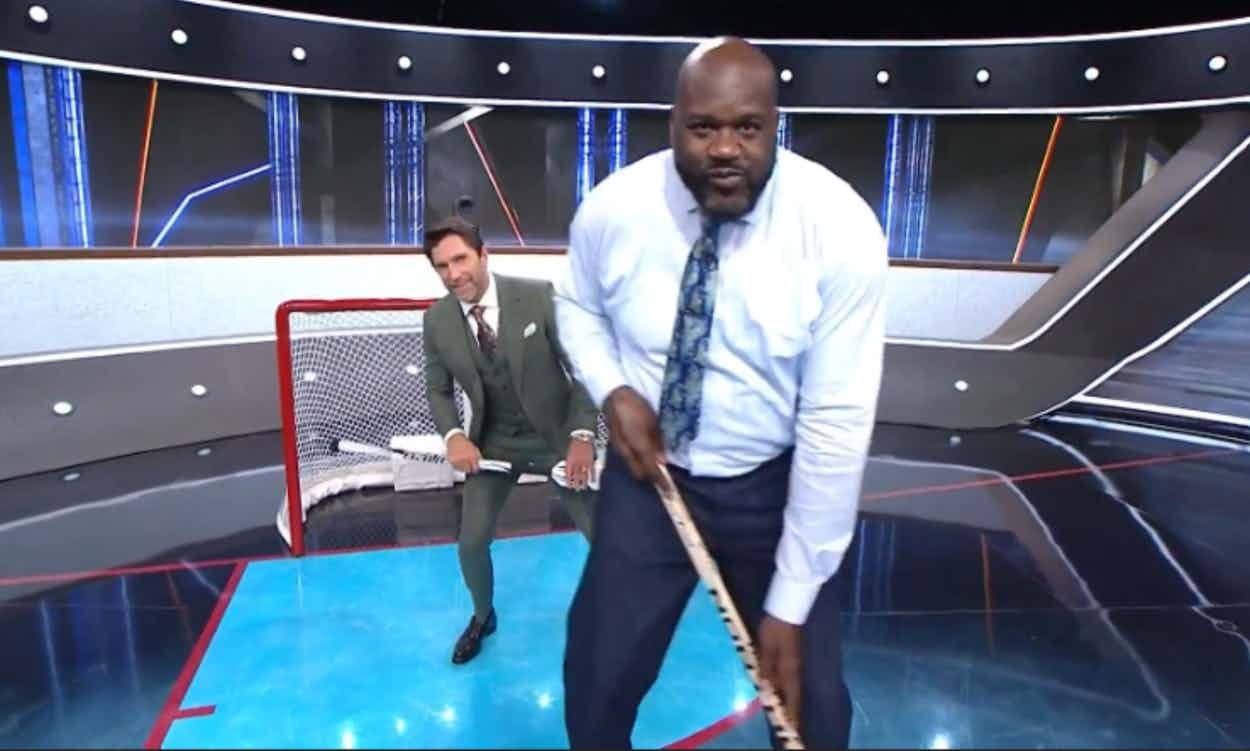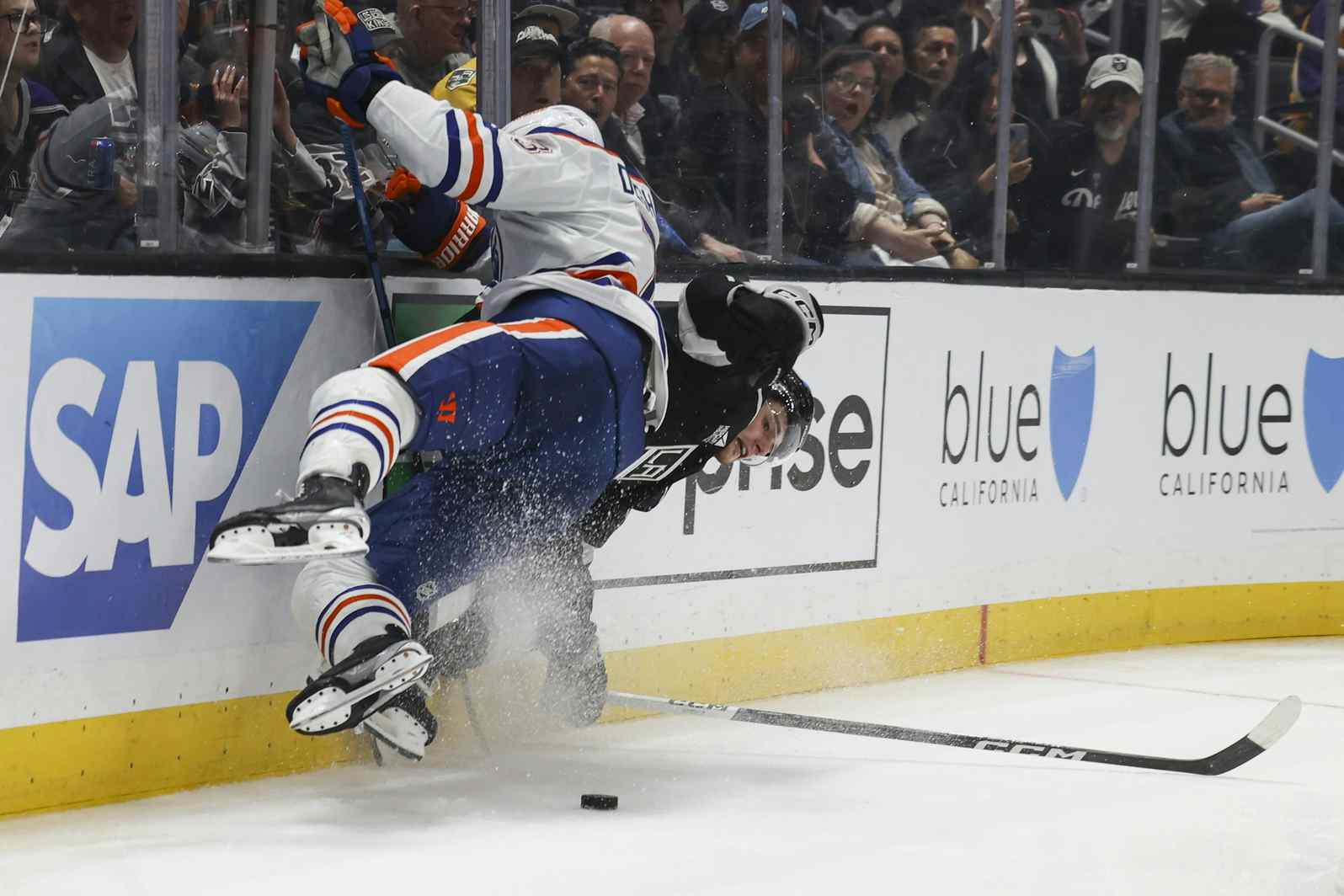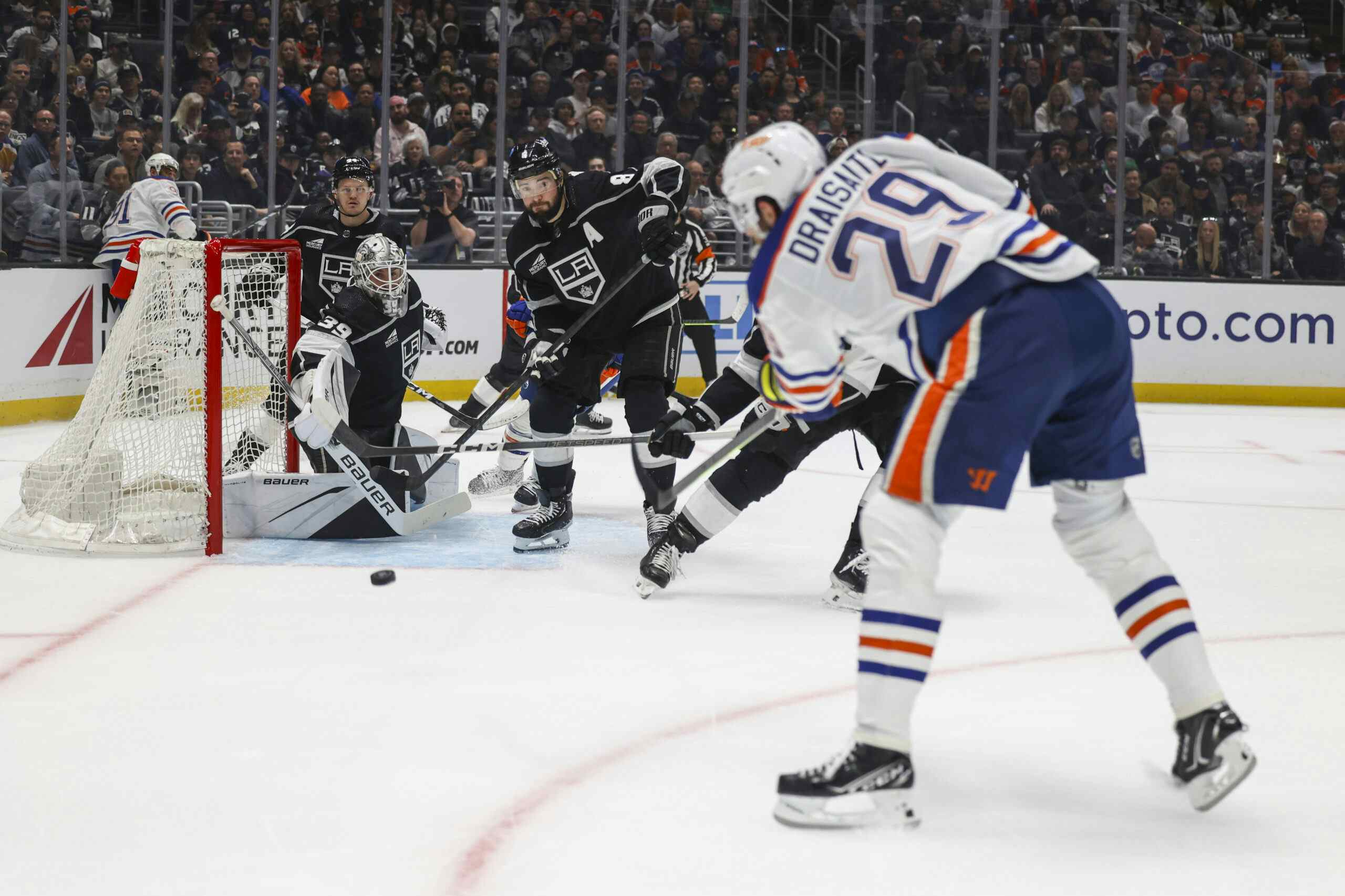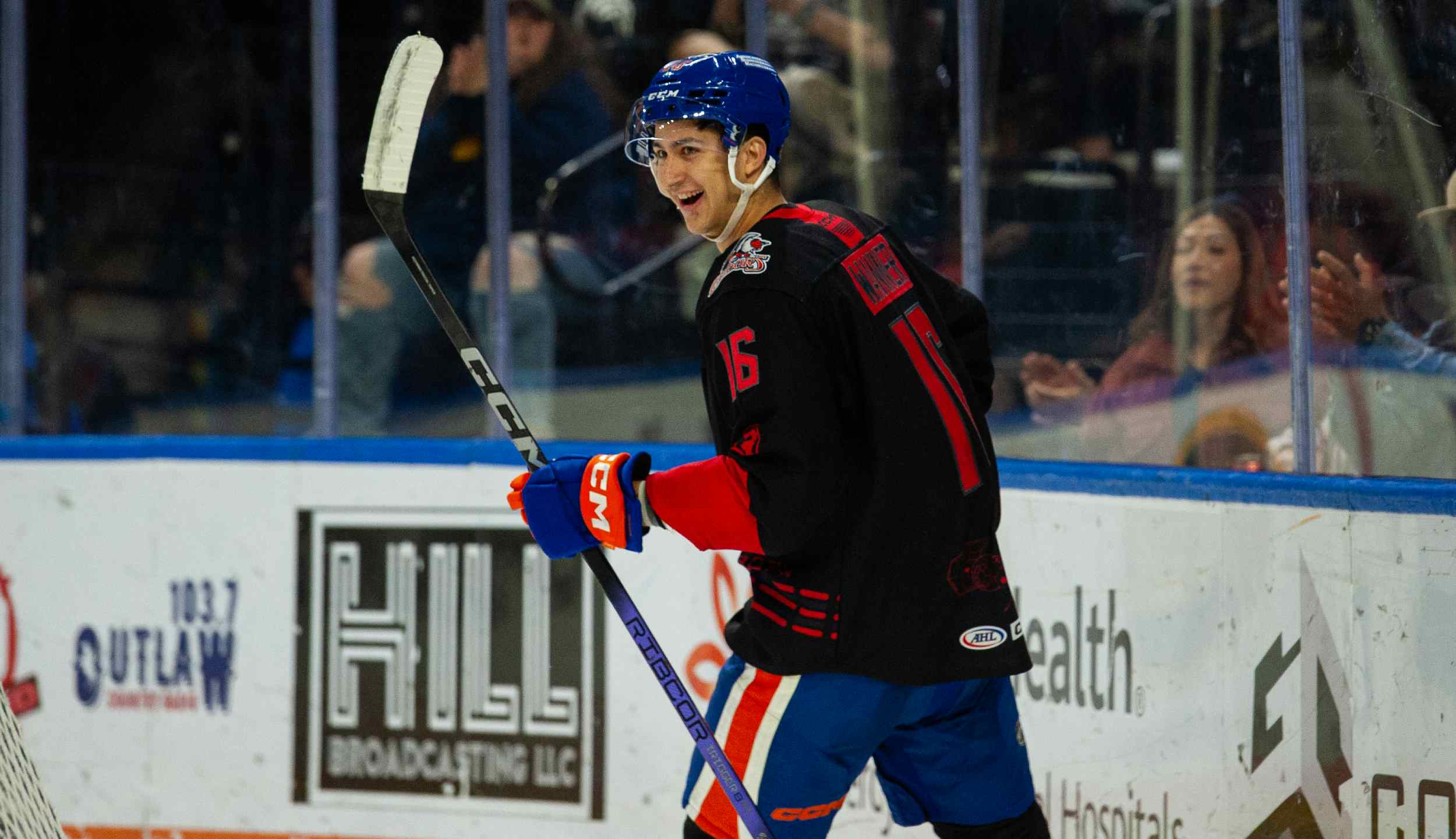Machiavelli: On Counsellors

It has been customary the last few years for fans to scrutinize each decision the Oilers make and try to identify the responsible party. Scouts make a good selection; we try and find the regional scout who would have seen him the most (and we do the same when the choices are poor). A series of poor trades are made, and along with the general manager we question the professional scouts – have they been letting the team down?
Political philosopher Niccolo Machiavelli wrote on the how a hierarchical group – like a scouting staff or a hockey team – makes decisions.
First, a brief explanation: I have been travelling of late, and with the amount of time I’m spending in airplanes, cabs and public transit I resolved to catch up on some reading that I’ve been intending to do but simply haven’t had time for. One of the books highest on my list was “The Prince,” Niccolo Machiavelli’s master work on leadership and dominion in Europe during the renaissance.
How does a book about exercising leadership half a millenia ago relate to hockey? In a few different ways. “The Prince” has lasted because many of its observations about human nature in the corridors of power (Machiavelli, as an envoy and high-level diplomat, observed this behaviour throughout his life) ring true not just during its time but down to ours. While the stakes are not nearly as high in hockey as they were in Machiavelli’s time (when lives and nations were won and lost by such manoeuvring) some of his observations translate surprisingly well.
For instance, take this point on counsellors and group decision making, which brings us back to the introduction:
But if a prince who is not inexperienced should take counsel from more than one he will never get united counsels, nor will he know how to unite them. Each of the counsellors will think of his own interests, and the prince will not know how to control them or see through them… Therefore it must be inferred that good counsels, whencesoever they come, are born of the wisdom of the prince, and not the wisdom of the prince from good counsels.
The quoted paragraph strikes me as eminently sensible.
In any case where a single primary decision-maker is relying on inputs from multiple sources, he’s going to get varied recommendations.
In Stu MacGregor’s case, he has to balance his personal viewings of players with the more extensive knowledge of his regional scouts. Additionally, it would only be natural for regional scouts to put forward the guy they’ve seen – the guy they believe in as a prospect – for each selection. MacGregor needs to either forge consensus, or failing that to make the correct decision from a multitude of options. Therefore, while the regional scouts certainly deserve a measure of credit when they push for a given player, MacGregor’s ultimately the one responsible for making a choice – for good or ill.
It’s a similar story for the general manager. Steve Tambellini has been in hockey for a long, long time – not only did he play it at its highest level, but he spent years in the various capacities with the Canucks and with Hockey Canada. One could not ask for a more experienced judge of talent, and Tambellini will be familiar with getting varied recommendations from the various people below him – the amateur scouting staff on the quality of draft picks in a given year or the value of a particular prospect in college or Major Junior, the professional scouts and other front office people on the merits of various professionals.
The point is that it is the general manager that takes these varied voices, judges the value of the opinions involved, and meshes those opinions with his own inclinations to make the final decision. Thus, whatever input was received from various sources, it is Tambellini that owns the record of decision making. Internally, those counsellors who give him good advice undoubtedly rise in his estimation, as do their prospects for advancement, but it is Tambellini’s role to weed the good advice from the poor.
This also applies when it comes to hiring an assistant from a quality organization as a new general manager. To cite just one example, both Atlanta and Columbus must have felt they did quite well to land managers who had served their time in the Detroit organization – but both Don Waddell and Doug MacLean failed miserably at building expansion clubs, while the Red Wings have kept on smoothly without them (it should be noted here that Tampa Bay appears to have been more lucky in its selection of Steve Yzerman; the point was that being part of a successful organization does not automatically qualify a person for the role of manager, not that it automatically disqualifies him).
In short, I think Machiavelli is correct: we can read the tea leaves and look for patterns, but it’s the man at the top that deserves the credit or the blame for the record of the men under his purview.
Recent articles from Jonathan Willis





